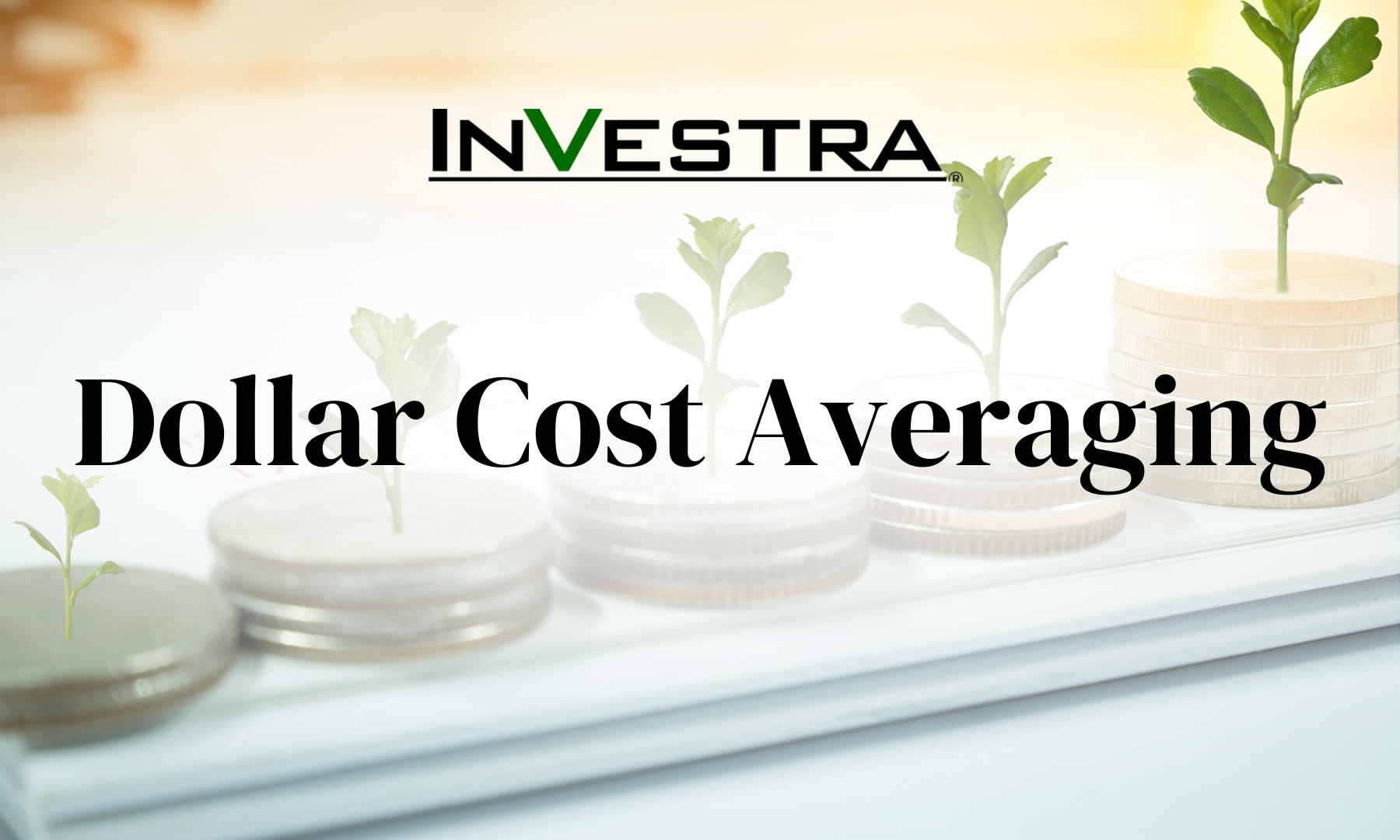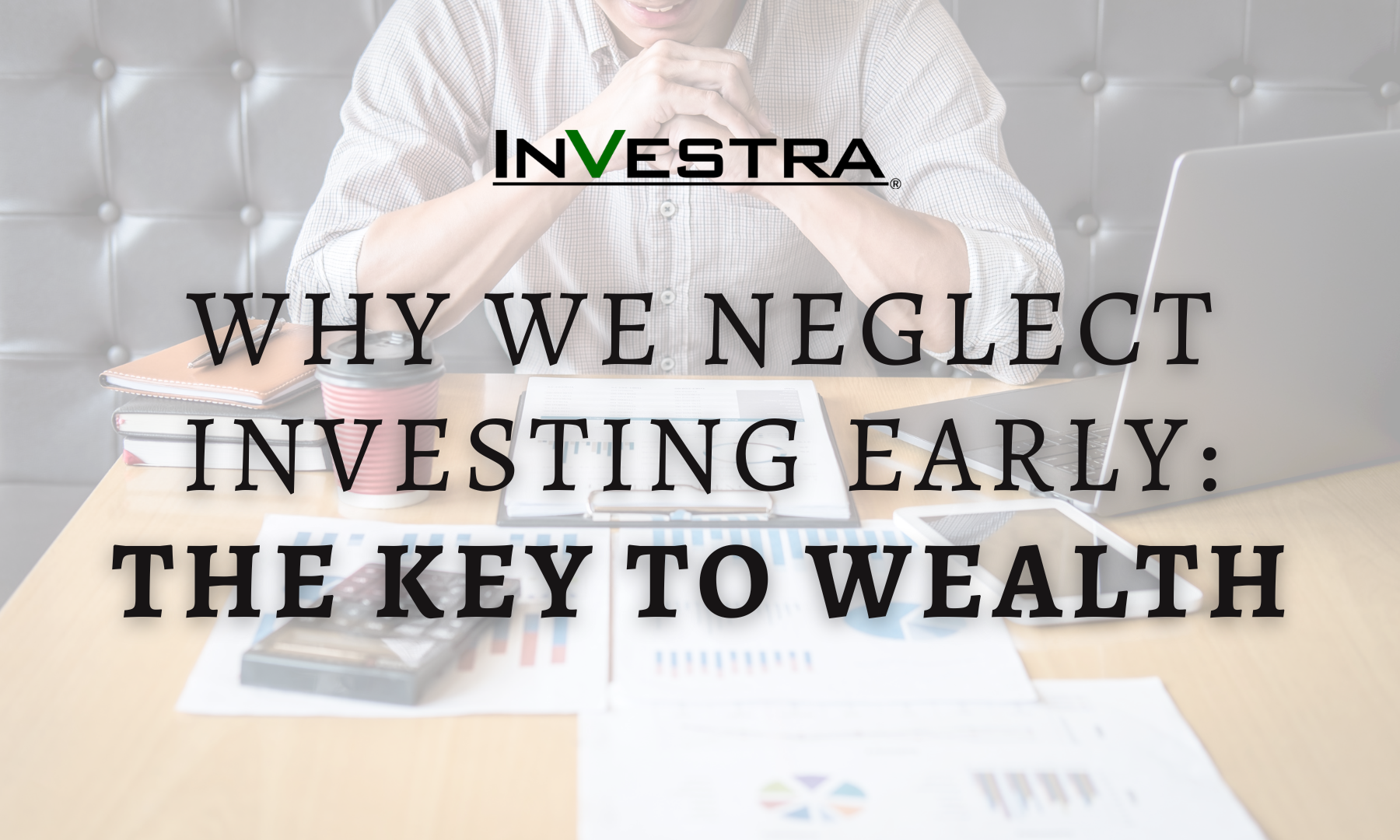In recent years, there has been a significant shift in the way investors approach their portfolios. Traditional financial metrics are no longer the sole criteria for investment decisions; increasingly, investors are seeking opportunities to align their investments with their personal values and beliefs. This shift has led to the rise of sustainable investing, a strategy that integrates environmental, social, and governance (ESG) factors into the investment process.

What is Sustainable Investing?
Sustainable investing, also known as socially responsible investing (SRI) or environmental, social, and governance (ESG) investing, is an investment approach that considers not only financial returns but also the broader impact of investments on society and the environment. This approach seeks to generate positive social and environmental outcomes alongside financial returns.
Aligning Your Investments with Your Values
One of the key principles of sustainable investing is aligning your investments with your values. This can mean different things to different people, depending on their individual beliefs and priorities. For some investors, it may mean avoiding investments in industries such as fossil fuels, tobacco, or weapons manufacturing. For others, it may mean actively seeking out investments in companies that promote sustainability, diversity, and social justice.
Environmental Considerations
Environmental factors are a significant consideration in sustainable investing. Investors may choose to support companies that are committed to reducing their carbon footprint, mitigating climate change, and promoting renewable energy sources. This could include investments in clean energy companies, sustainable agriculture, or water conservation efforts.
Social Considerations
Social factors are also important in sustainable investing. Investors may seek out companies that prioritize social responsibility, ethical labor practices, and diversity and inclusion in the workplace. This could involve investing in companies with strong employee relations, fair wages, and a commitment to community engagement and philanthropy.
Governance Considerations
Governance factors play a crucial role in sustainable investing as well. Investors may look for companies with transparent and accountable management practices, strong corporate governance structures, and a commitment to ethical business conduct. This could include investments in companies with diverse and independent boards of directors, robust risk management systems, and a track record of regulatory compliance.
The Benefits of Sustainable Investing
There are numerous benefits to incorporating sustainable investing principles into your portfolio. In addition to aligning your investments with your values, sustainable investing can also lead to competitive financial returns. Studies have shown that companies with strong ESG performance tend to outperform their peers over the long term, as they are better positioned to manage risks and capitalize on opportunities in a rapidly changing world.
The Bottom Line
Sustainable investing offers investors the opportunity to align their portfolios with their values while also pursuing competitive financial returns. By considering environmental, social, and governance factors in their investment decisions, investors can support companies that are committed to making a positive impact on the world. Whether you are passionate about environmental conservation, social justice, or corporate transparency, there are numerous opportunities to invest in companies that share your values and beliefs. By incorporating sustainable investing principles into your portfolio, you can create a more sustainable and equitable world while also building wealth for yourself and future generations.






